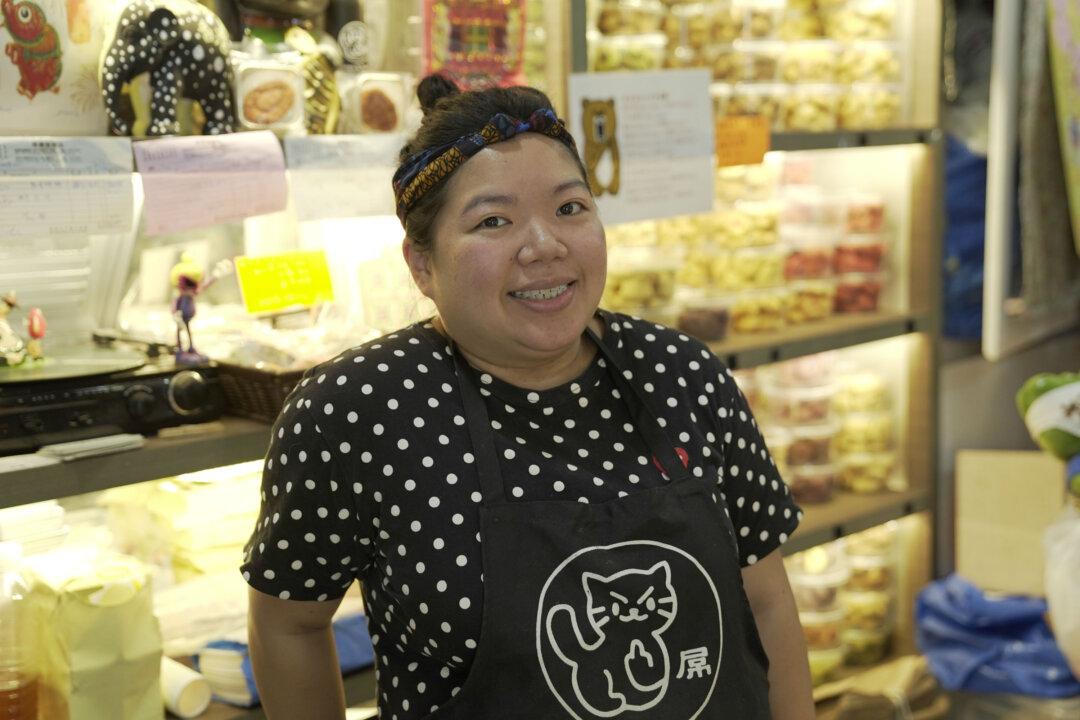HONG KONG—After months of intense clashes between protesters and police on the streets, Hongkongers are now directing their dissent indoors.
Despite millions marching since June, the Hong Kong government has not responded to protesters’ demands, which include free elections and an independent investigation into police use of force.





